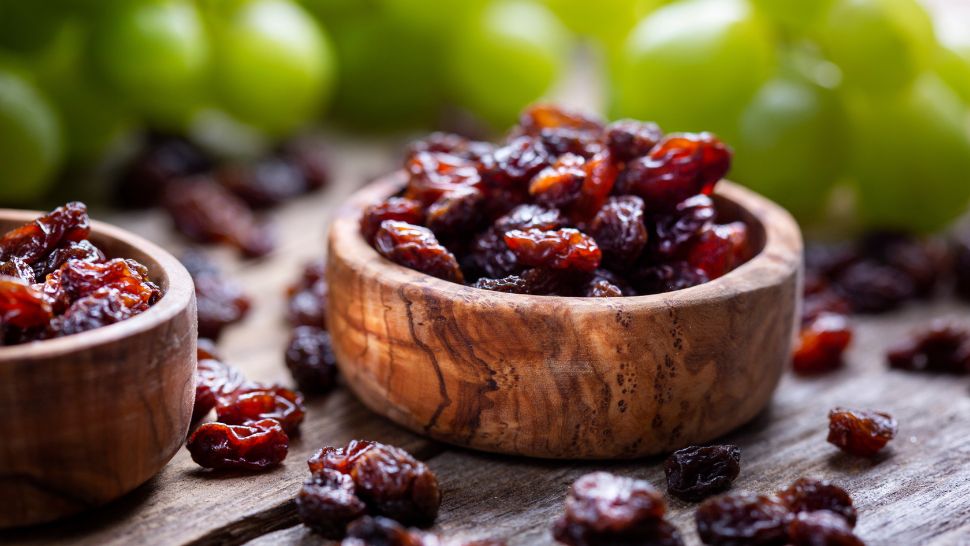
The sports nutrition business is booming, and thanks to savvy marketers, many companies may have convinced you that protein powders, sports gels, electrolyte drinks, and supplements are the only answers to your performance and recovery needs.
For fuel during endurance exercise, our bodies rely primarily on glucose, which comes from carbohydrates found in fruits, vegetables, grains, and beans. Our muscles can store enough fuel for about 60 to 90 minutes of endurance exercise such as consistent running, bicycling, or swimming. For exercise longer than that, you will need to refuel them with easy-to-digest carbohydrates from food, drink, or a mix of both. You also want to be sure to drink fluids to replace water losses (about three to eight ounces every 15 to 20 minutes for exercise over 60 minutes). When exercising in the heat or if you sweat a lot, consume something with electrolytes such as sodium and potassium. During shorter exercise sessions, water is all you need.
Most endurance athletes need between 25- 60 grams of carbohydrates for each hour of exercise longer than 60 to 90 minutes. The exact amount depends on body size, exercise intensity, previous training, and what you ate before your workout. During exercise, choose foods that contain quickly absorbing carbohydrates that are low in fiber. Fiber not only slows digestion but may also lead to gastrointestinal upset.
While marketers of sports gels and other products would like you to believe that their products are better than real food, research doesn’t support this. For example, one study compared the effects of sports jellybeans versus raisins on performance and showed that raisins offered a similar benefit as the engineered product. Other foods that work well include low-fiber granola bars or cereal; honey packets; peanut butter and jelly on white bread; pretzels; and dates or other dried fruits.
The main benefit of engineered sports products like gels and chews is the convenient packaging. However, you’ll pay more for these products, and you’ll want to read the ingredients label carefully, as many products contain artificial additives and other unnecessary ingredients.
Sports drinks are another option. They offer more electrolytes than most of the chews and gels; however, you may find it difficult to meet all of your carbohydrate needs with just sports drinks since most only provide 12 to 14 grams of carbohydrates per eight ounces. If you’re concerned about electrolytes, try making your own sports drink by mixing equal parts juice and water and adding some salt, or make a trail mix with salted pretzels and dried fruit. Remember that both sports drinks and food contain sodium (the primary electrolyte of concern during exercise), so if you don’t like sports drinks, skip them, and simply get your electrolytes from food.
Everyone responds differently to different foods and products. The key is to try a variety of options, whether whole foods or engineered, and see what works best for you. For longer workout sessions, you may even want a mix — as it can be tiring just to eat the same food for many hours!